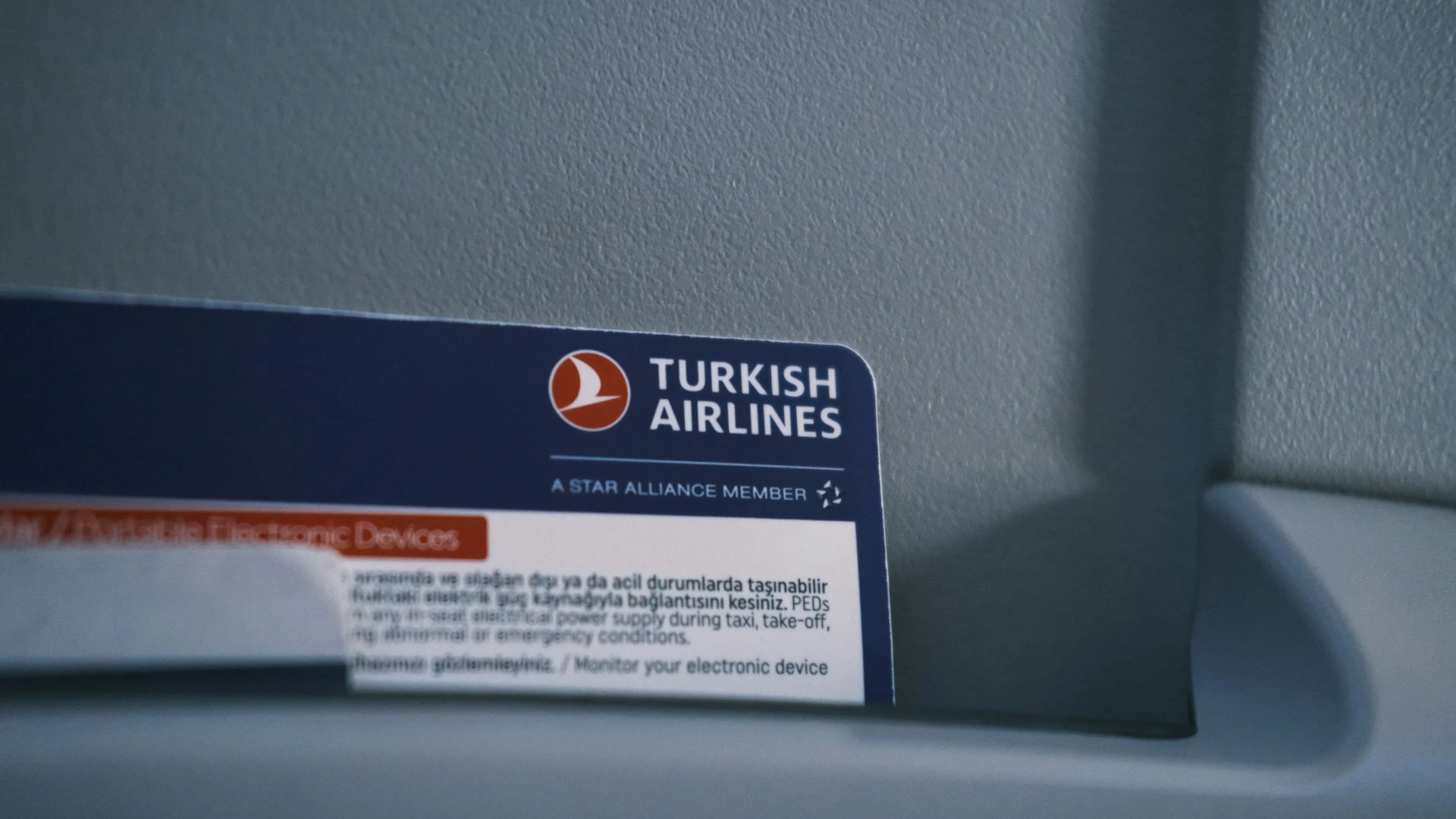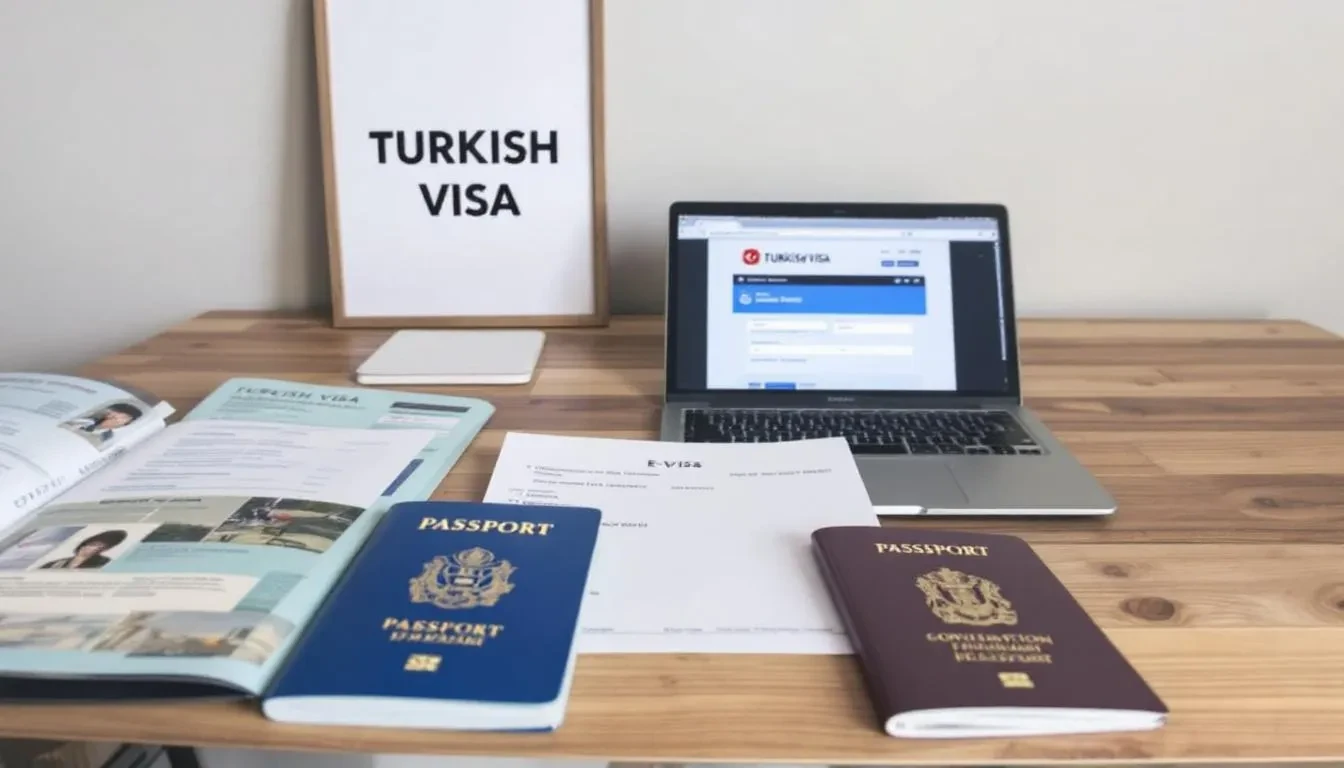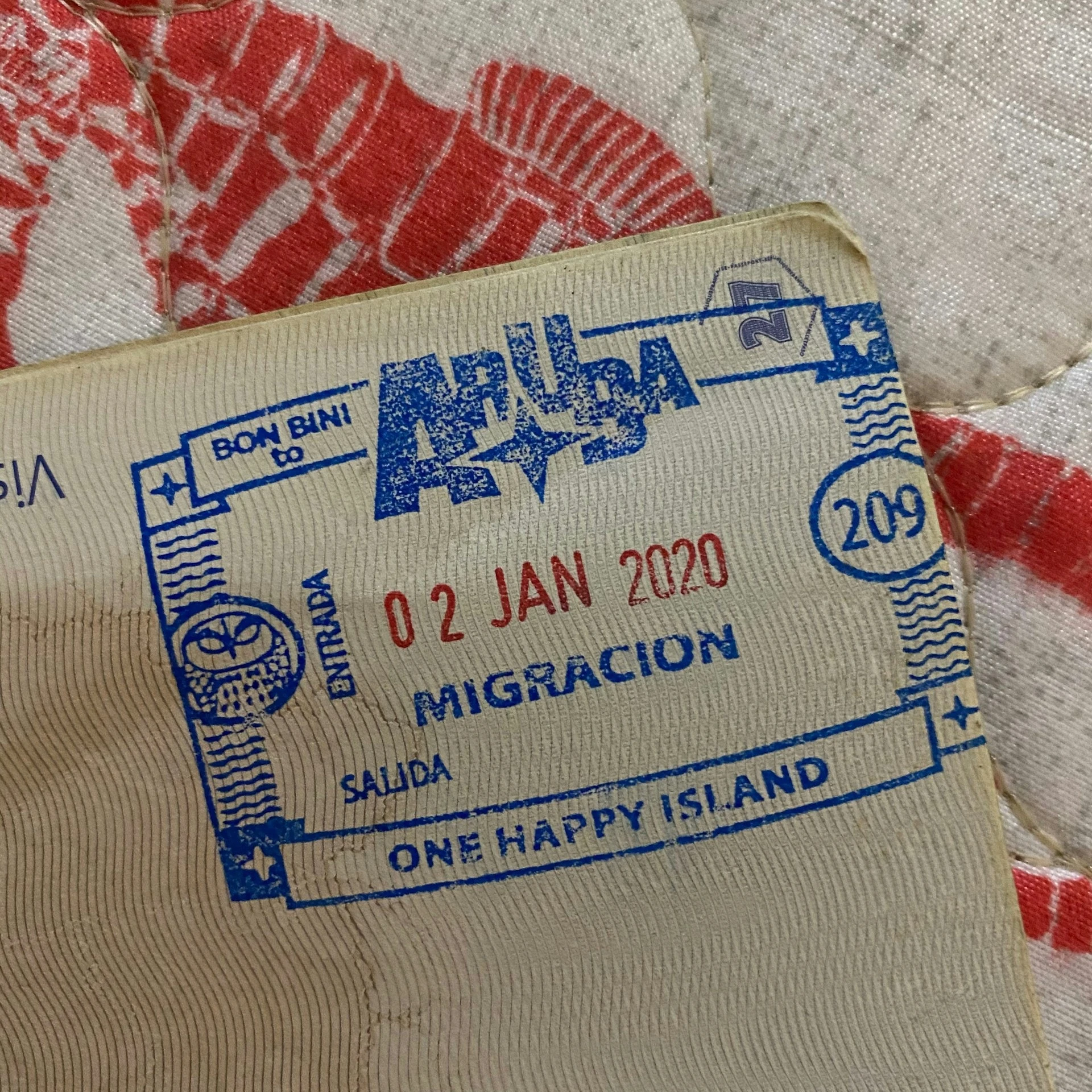Turkey Visa Guide 2025: Everything You Need to Know Before You Travel


Planning a trip to Turkey (or as locals call it, Türkiye) is exciting. From Istanbul’s buzzing bazaars to Cappadocia’s hot-air balloons and Antalya’s beaches, there’s no shortage of experiences. But before you pack your bags, you’ll need to figure out whether you need a Turkey visa.
The process can feel overwhelming different rules for ordinary passport holders, official passport holders, and travelers from various countries. Add in terms like e visas, multiple entry visa, and residence permit, and it’s easy to get confused.
This guide breaks it all down into plain English so you can make informed decisions and enjoy your trip stress-free.
Do I Need a Visa to Go to Turkey?
This is the first question most travelers ask. The answer depends on your nationality, the type of passport you hold, and the purpose of your visit.
Citizens from certain countries are exempted from needing a visa if they’re staying for short-term touristic purposes. For example, visitors from Japan, Germany, and France can often enter visa-free.
Other foreign nationals must apply for a Turkish visa in advance or get one upon arrival, depending on the rules for their country.
If you’re planning to enter Türkiye for business, work, or long-term study, the requirements are stricter. You’ll need a work visa, a business visa, or even a residence permit.
The Republic of Turkey’s foreign affairs department keeps an updated list, but your safest bet is to check with the nearest Turkish embassy or consulate general in your home country.
Turkey e-Visa: The Simplest Option for Many Travelers
For most foreign nationals, the easiest and most convenient way to enter Türkiye is through the electronic visa system. The Turkey e-Visa was introduced by the Republic of Turkey’s government to simplify the process and replace long waits at embassies or visa-on-arrival queues.
Today, millions of travelers use it every year for tourism, short business trips, or transit through the country’s borders.
Who Can Apply for an e-Visa?
The e-Visa system is available to citizens of over 90 countries, including the USA, UK, Russian Federation, and several EU member states. However, the exact visa requirements vary:
- Some citizens can apply directly without additional conditions.
- Others may need supporting documents, such as a valid Schengen visa or UK/US residence permit, to qualify.
- Certain nationalities are not eligible for the e-Visa at all and must apply through a consular mission or Turkish embassy.
That’s why checking your eligibility on the official e-Visa website before booking your tickets is essential.
How to Apply for a Turkey e-Visa
The process is quick and straightforward. The entire visa application can be completed in about 15 minutes:
- Visit the official Turkish e-Visa portal (beware of third-party sites that charge higher fees).
- Enter your passport details, travel dates, and personal information.
- Upload your documents, including a recent photo with a white background.
- Pay the visa fee securely with a debit or credit card.
- Receive your approved e-Visa by email, usually within 24 hours.
Once approved, download and print the e-Visa or keep a digital copy on your phone. At immigration, officers may ask to see it along with your valid travel document.

Airlines like Pegasus Airlines and Turkish Airlines often check the e-Visa before allowing passengers to board, so don’t skip this step.
Validity and Entry Rules
The Turkey e-Visa is typically issued as a multiple entry visa, which means you can leave and re-enter Türkiye as long as you stay within the maximum period allowed. For many countries, the e-Visa is valid for 90 days within a 180-day period, but this is not universal. For example:
- US passport holders often receive a 90-day multiple entry e-Visa.
- Russian Federation citizens may only stay up to 60 days.
- Some nationalities receive a single-entry e-Visa with shorter stays.
Always check your first entry date and the validity period stated on your visa to avoid overstaying, which can lead to fines or entry bans.
Financial Sufficiency Requirements
Part of the application involves proving you have sufficient funds for your stay. A bank statement or proof of income is typically enough. Turkish authorities want to ensure visitors won’t face financial difficulties during their trip.
If you’re traveling with family members, each person must submit a separate visa application, though applications can be linked together for convenience if you’re applying as a group.
Why the e-Visa is the Best Choice
Compared to applying through a consulate general or embassy, the e-Visa saves time and paperwork. You don’t need to attend interviews, submit physical documents, or wait weeks for approval. For most touristic purposes and short business visits, it’s the fastest way to obtain a Turkish visa.
That said, if you’re planning to stay long-term, work, or study, you’ll need to apply for a work visa, business visa, or residence permit instead.

Turkey Visa for Ordinary vs. Official Passport Holders
Not all passport holders are treated the same when it comes to entering Türkiye. The rules differ depending on whether you carry an ordinary passport (your regular travel document) or an official passport (diplomatic, service, or special category). Here’s a breakdown:
| Category | Ordinary Passport Holders | Official Passport Holders |
|---|---|---|
| Who They Are | Everyday travelers, tourists, students, or business visitors using a standard national passport. | Government officials, diplomats, consular staff, and individuals working with international organizations accredited in Türkiye. |
| Visa Requirement | Often need a Turkish visa (e-Visa, visa on arrival, or consular application) depending on nationality. | Frequently exempted from visa requirements, especially for short stays or official duties. |
| Application Process | Apply online via the electronic visa system (for eligible foreign nationals) or submit a visa application at a Turkish embassy or consulate general. | Exemptions usually apply automatically; if not, applications are fast-tracked through foreign affairs channels. |
| Common Visa Types | Tourist e visas, multiple entry visa, business visa, work visa, or residence permit for longer stays. | Usually no visa needed for short-term visits; in rare cases, a special diplomatic visa may be issued. |
| Documents Required | - Valid passport (6+ months validity) - Photo with white background - Bank statement (proof of sufficient funds) - Travel itinerary and hotel reservation - Supporting letters for business/employment | - Valid official passport - Proof of government or organizational duty - Official assignment letter (if requested) |
| Length of Stay | Depends on nationality commonly 30, 60, or 90 days within 180 days. Extensions require applying for a residence permit. | Typically 90 days visa-free, sometimes longer, depending on bilateral agreements. |
| Government Oversight | Applications reviewed by consular missions or embassy staff. | Process overseen by foreign affairs offices; exemptions are agreed upon through diplomatic channels. |
| Examples | A tourist from India with an ordinary passport applies for an e visa online. A student from the USA needs a visa for study purposes. | A diplomat from France on an official passport can enter Turkey without a visa. - A UN staff member traveling for an international organization meeting is exempt. |
Türkiye Business and Work Visas
If you’re heading to Türkiye for reasons beyond sightseeing, you’ll need to look beyond the standard tourist e-Visa.

Depending on your plans, either a business visa or a work visa will be required. While both fall under the category of special visas, their purposes, requirements, and procedures differ significantly.
Here’s a detailed breakdown:
| Aspect | Business Visa | Work Visa |
|---|---|---|
| Purpose | Short-term professional visits such as attending meetings, trade fairs, conferences, or negotiations. | Long-term employment or contractual work with a Turkish company or institution. |
| Eligibility | Ordinary passport holders visiting for business-related activities without engaging in paid local employment. | Foreign nationals offered employment by a Turkish company, NGO, or academic institution. |
| Key Documents Required | Completed visa application form - Valid passport (6 months validity beyond entry) Invitation letter from Turkish business partner or event organizer - Proof of financial sufficiency (e.g., bank statement) - Flight details & hotel reservation | Completed work visa application - Valid travel document (passport) - Employment contract or official job offer letter - Employer’s approval from the Ministry of Labour and Social Security - Health insurance & proof of financial sufficiency - Passport photo with white background |
| Application Channel | Apply online via e visa (in some cases) or through the nearest Turkish consulate general or embassy. | Must be filed through the Turkish embassy or consular missions, with simultaneous application by the employer to Turkish authorities. |
| Government Approval | Not usually required documents are reviewed by the consulate. | Mandatory approval from the Republic of Turkey’s government and sometimes local authorities. |
| Processing Time | Usually 5–10 business days, depending on the embassy workload. | Often 4–8 weeks, as it involves both Turkish and foreign government processing. |
| Validity & Stay | Typically up to 90 days within a 180-day period (short-term entry only). | Valid for the duration of the work contract; requires applying for a residence permit within months starting from arrival. |
| Renewal/Extension | Must re-apply if more visits are needed after the visa expires. | Can be renewed through employer and government approval; linked to employment contract. |
| Restrictions | Does not permit taking up local employment; strictly for business activities. | Grants the right to work and live in Turkey legally but is tied to the employer’s sponsorship. |
Turkey Visa Requirements: What You’ll Need
The exact visa requirements for Türkiye depend on your nationality, your passport type (ordinary, official, or diplomatic), and the purpose of your trip.
That said, most foreign nationals will need to prepare a standard set of documents before submitting their visa application. Missing even one item can cause delays or worse, outright rejection.

1. A Valid Passport
Your passport is the most critical document. It must be a valid travel document with at least six months’ validity beyond your planned entry date into Turkey.
Many consulates enforce this rule strictly. If your passport is due to expire soon, it’s best to renew it before applying.
2. Passport-Sized Photo
You’ll need a recent passport-sized photo taken against a white background. Some embassies even specify size (usually 5x5 cm or 2x2 inches). Avoid selfies or heavily edited photos—officials want a clear, professional headshot.
3. Completed Visa Application Form
Every applicant must submit a fully completed visa application form. This includes your personal details, travel dates, nationality, and the type of visa you’re applying for (tourist, business, work, or residence). Double-check your answers; even small mistakes can lead to rejection.
4. Proof of Accommodation
Authorities will want to see where you’ll be staying. This could be a hotel reservation, an Airbnb confirmation, or if you’re staying with family members, an invitation letter with their address. For long-term stays, you may need a rental contract or proof of residence.
5. Proof of Financial Sufficiency
You must demonstrate you have sufficient funds to cover your stay. Typically, this means submitting a recent bank statement or proof of income.
Turkish authorities want to ensure that visitors won’t face financial difficulties while inside the country’s borders.
6. Travel Itinerary and Flight Details
Providing a rough plan of your trip including flight reservations, internal travel details, and planned destinations shows your visit is well-organized.
Airlines like Pegasus Airlines may also require proof of return or onward tickets before boarding.
7. Family-Related Documents
If you’re traveling with family members, you’ll need documents proving the relationship. This could include marriage certificates, birth certificates, or adoption papers.
These are especially important if you’re applying for a dependent residence permit.
8. Business or Employment Papers
For business visas, attach a company letter from your employer or the Turkish partner inviting you. For work visas, a signed employment contract and approval from the Republic of Turkey’s government or local authorities are often required.
This makes the process longer and more document-heavy than a simple touristic purposes application.
Do I Need a Visa for Turkey from the UK?
If you’re from the UK, you’re in luck. Since January 2020, British passport holders no longer need a visa for short-term visits. You can visit Turkey or visit Türkiye for up to 90 days within a 180-day period without paying a fee.

That means you don’t have to worry about the old 10 pounds to enter Turkey from the UK rule—it’s gone. Just make sure your passport is valid for at least six months from your first entry date.
Can I Travel to Turkey with UK BRP?
This is another common question. A UK BRP (Biometric Residence Permit) by itself isn’t enough to let you enter Turkey. You still need a valid travel document (your national passport) to apply for a Turkish visa.
If you’re a foreign national living in the UK with a BRP, check whether your nationality qualifies for an e visa or whether you must apply through the Turkish embassy or consulate general.
Northern Cyprus and Turkey: Special Entry Rules
If you’ve been to Northern Cyprus, there are additional rules to keep in mind when you enter Türkiye. Travelers crossing from Northern Cyprus may face extra checks, especially regarding their travel document and entry date.
Always carry proof of your last exit and ensure your passport has the right stamps. The country’s borders are carefully monitored, and overstaying or unclear documents can cause delays.
How to Apply for a Turkey Visa
Applying for a Turkey visa isn’t as complicated as it seems, but the process does vary depending on your nationality, your passport type, and the visa category you’re applying for.
Whether you’re applying online for an electronic visa or going through a Turkish embassy, here’s a more detailed step-by-step guide:
1. Visit the Official Visa Application Portal or Embassy
Start by identifying the right application channel.
- For e visas, go directly to the official Turkish government portal (beware of third-party sites that charge higher fees).
- For business, work, or residence permits, you’ll need to apply through a Turkish consulate general or embassy in your home country.
Always confirm with the official foreign affairs website before beginning, as rules can change without notice.
2. Select the Correct Visa Type
You’ll be asked to choose the purpose of your visit. Options usually include:
- Tourism (sightseeing, short holidays, or visiting family members).
- Business visa (attending meetings, trade fairs, or negotiations).
- Work visa (employment, academic contracts, or NGO assignments).
- Student/residence permit (for long-term study or relocation).
Picking the wrong category can result in rejection, so be precise.
3. Complete the Application Form
Fill out the visa application carefully with your travel dates, passport information, and personal details. Even small mistakes like a typo in your passport number can delay approval.
Tip: Double-check that your valid travel document (passport) has at least six months’ validity from your entry date into Türkiye.
4. Upload the Required Documents
Prepare digital and physical copies of your documents:
- Passport-sized photo with a white background.
- Proof of financial sufficiency (such as a recent bank statement).
- Hotel reservations or proof of accommodation.
- Flight tickets or travel itinerary (airlines like Pegasus Airlines may require this before boarding).
- For business visas, a company letter or invitation.
- For work visas, an employment contract plus approvals from the Republic of Turkey’s government.
5. Pay the Visa Fee
The cost of a Turkish visa depends on your nationality.
- Some citizens (e.g., from the USA) pay higher fees than others.
- Payments are usually made online with a secure card, or at the embassy in cash.
- Keep your receipt, as proof of payment may be required at the consulate or upon arrival.
6. Wait for Processing and Approval
Processing times vary:
- E visas are often approved within 24 hours, making them the fastest option.
- Applications through embassies or consulates can take several days to weeks, depending on your case and the local workload.
If approved, you’ll receive your visa by email (for e visas) or stamped into your passport at the embassy/consulate.
Pro Tips for a Smooth Application
- Apply in advance—at least 2–3 weeks before your travel dates, especially if you’re using a consular mission.
- Always use your real details—discrepancies between your visa and passport can cause issues at the country’s borders.
- If traveling with family members, apply together to avoid mismatched approvals.
- Keep a printed copy of your e-Visa, even if you also carry a digital version.
Final Thoughts: Smooth Entry to Türkiye
Getting your Turkey visa doesn’t need to be stressful. Whether you’re a tourist exploring Istanbul, a business traveler attending meetings, or an expat applying for a residence permit, knowing the rules makes all the difference.
The key is preparation: check your visa requirements, gather your documents, and always make sure your passport is valid. With that done, you can relax and focus on why you wanted to visit Turkey in the first place—its culture, history, food, and people.
So, whether you’re flying in on Pegasus Airlines, crossing the country’s borders by land, or arriving by sea, you’ll be ready. Türkiye awaits.